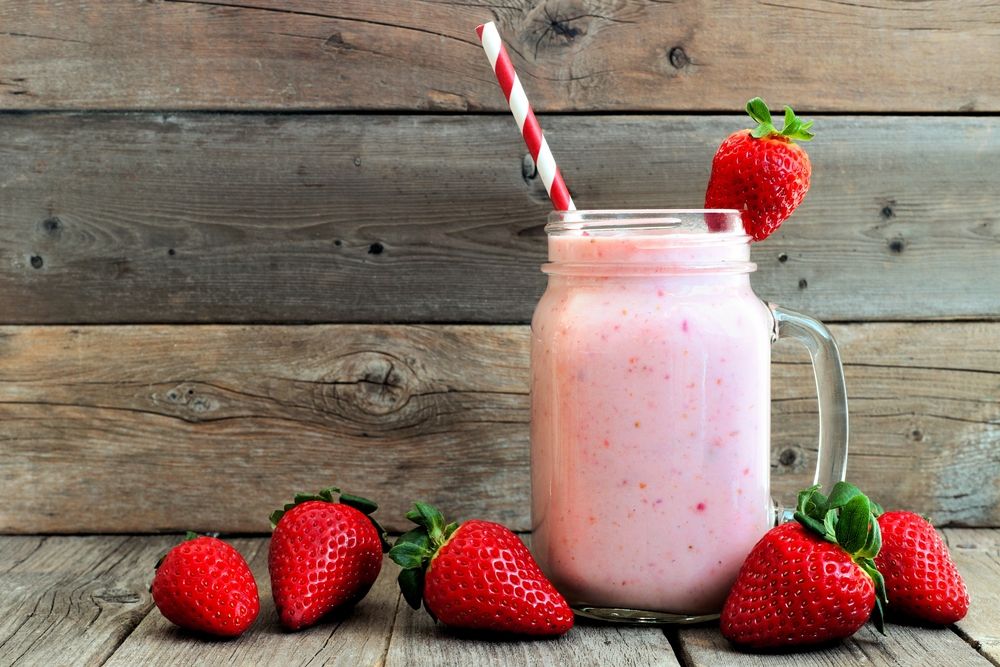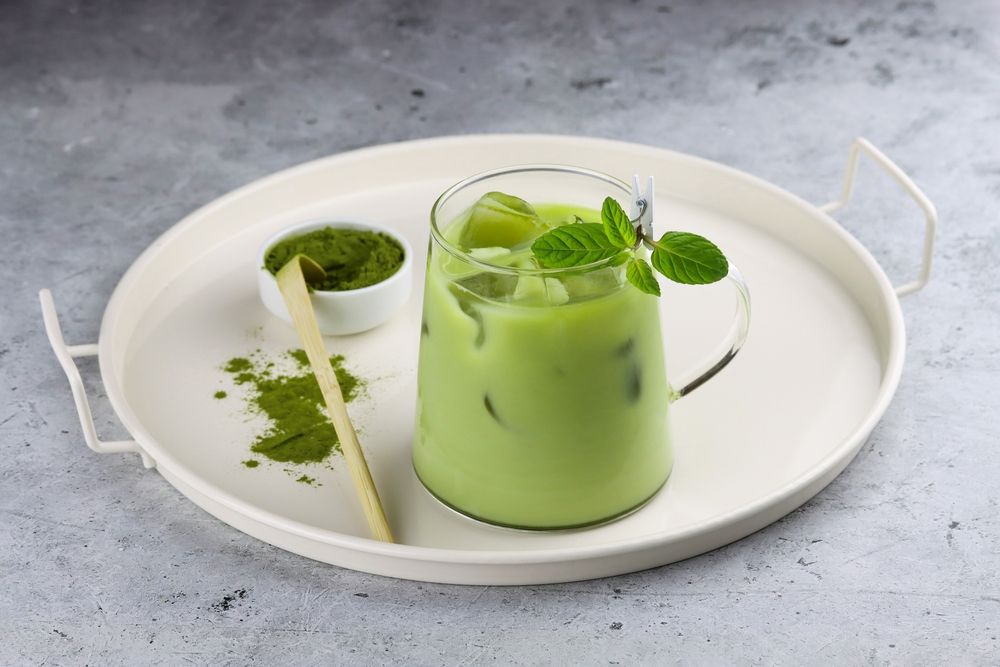
The definition of "healthy" varies widely, especially when it comes to nutrition. For some, it might mean a high-protein diet, while others may focus on plant-based eating. Similarly, foods and drinks deemed "healthy" often carry that label because of their perceived benefits, but there’s no one-size-fits-all definition. However, even foods marketed as healthy can contribute to weight gain if not consumed mindfully.
Take fats, for instance. Certain oils are rich in heart-healthy fats that are beneficial when incorporated into meals, yet they are also calorie-dense. Just one tablespoon contains over 100 calories, and overconsumption can lead to excessive calorie intake. It’s a good reminder that two things can be true at once: a food can offer significant health benefits and still contribute to weight gain when not enjoyed in moderation.
Acai Bowls
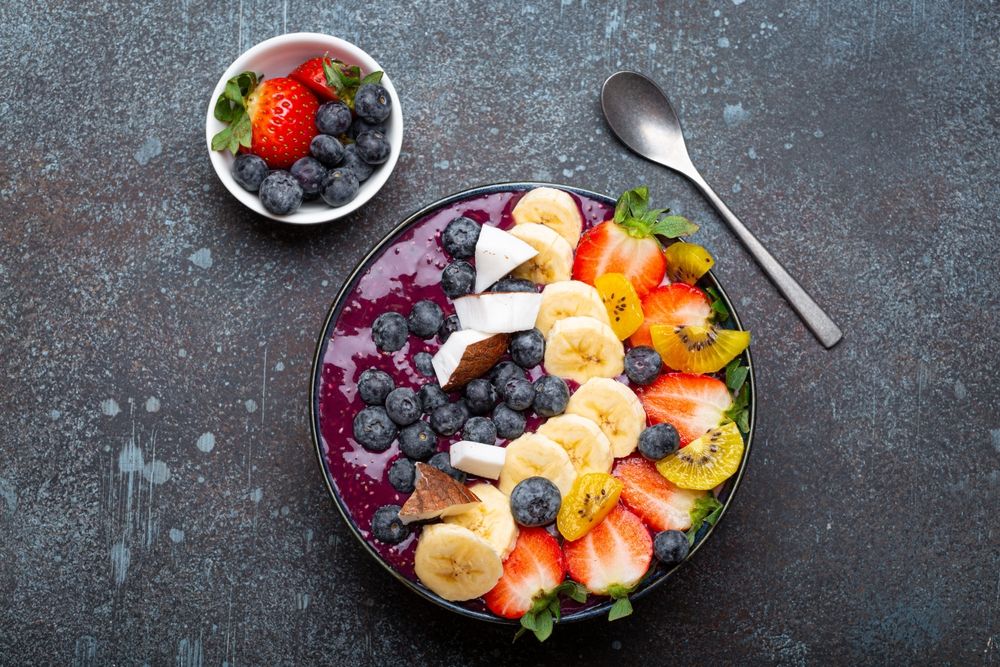
Acai bowls have skyrocketed in popularity in recent years and are often seen as a "health" food. Packed with fruits and topped with ingredients like chia seeds, nuts, and granola, they provide healthy fats, antioxidants, and fiber—essential nutrients for a balanced diet. However, acai bowls often come with a significant calorie and sugar load. While much of the sugar is naturally occurring from the fruit, added sugars used to sweeten the bowl can quickly add up. Additionally, depending on the toppings, the calorie count can easily exceed 600, potentially pushing you over your daily calorie needs.
To enjoy a healthier acai bowl, look for options without added sugar in the fruit blend and practice moderation with your toppings to reduce excess calories and sugar.
Matcha Lattes
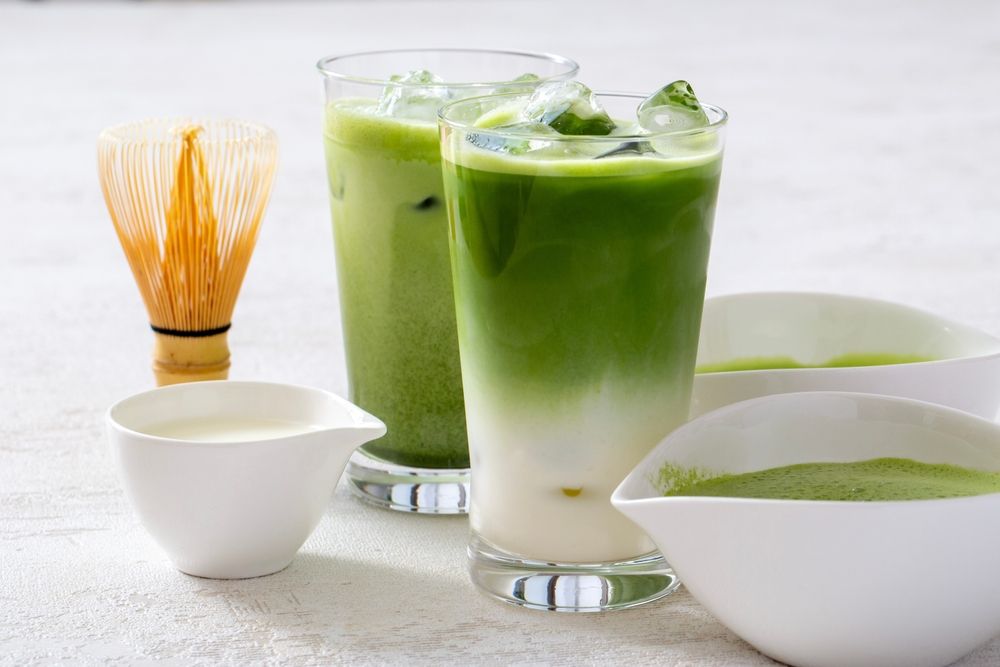
Matcha, a powdered green tea, has surged in popularity for its rich antioxidant content and natural caffeine boost. While whisking matcha powder into warm water provides all its health benefits without added calories, many people prefer matcha as part of a latte. However, this often means the antioxidant-packed drink is accompanied by a significant amount of added sugar.
For example, a large Iced Matcha Latte from Dunkin contains 43 grams of sugar, while a grande Matcha Latte from Starbucks has 29 grams—and a Venti ups that to 39 grams. That’s more sugar than most people should consume in an entire day!
If you enjoy your matcha in latte form, skip the sugary syrups and opt for your milk of choice to enjoy a healthier, nutrient-rich version.
Granola
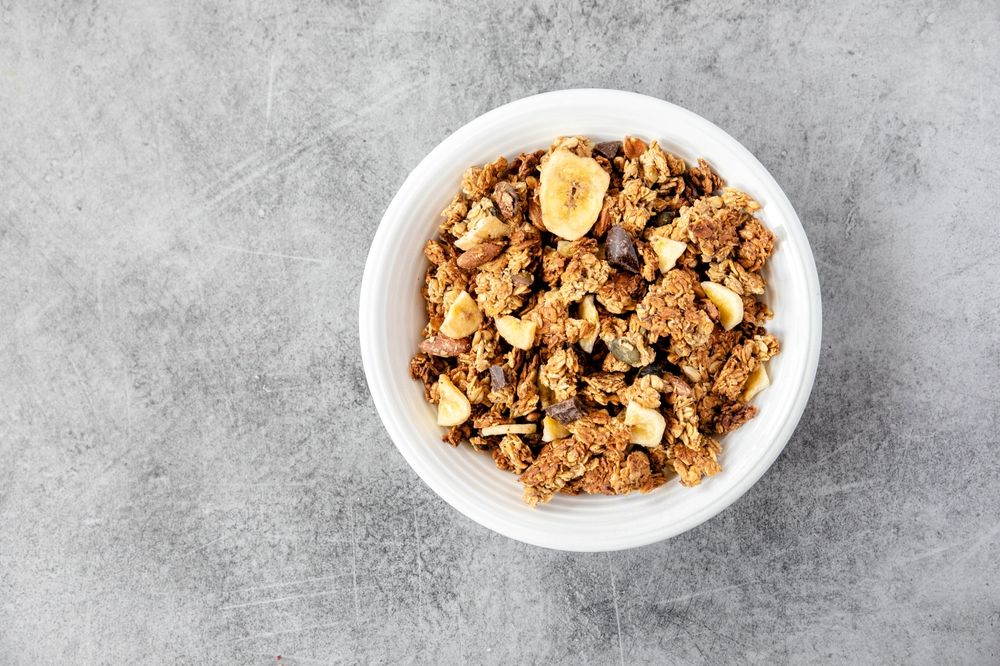
Granola has long been considered a healthy staple, traditionally made with oats, nuts, seeds, and dried fruit. While these ingredients offer unique health benefits, the downside of granola often lies in the added sugars and oils used as binders, which can turn this crunchy favorite into a calorie-dense snack with minimal protein. For instance, Kroger's Simple Truth Mixed Berry Granola contains 20 grams of added sugar per serving but only 4 grams of protein.
For a healthier choice, look for granola with less added sugar—aim for options with fewer than 8 grams per serving. Alternatively, consider making your own granola at home, allowing you to control the ingredients and enjoy this classic treat without the unnecessary extras.
Red Wine

Red wine, often praised for its antioxidant content, may also be a hidden contributor to weight gain. A single glass contains over 100 calories, and alcohol’s effect on energy metabolism can cause your body to prioritize burning alcohol for energy, potentially leading to other nutrients being stored as fat. This combination of empty calories and altered metabolism makes red wine a common culprit for unintended weight gain.
If you enjoy a glass of red wine with dinner, try limiting yourself to just one. And if you’re drinking it for the antioxidants, consider alternative sources like nutrient-rich foods or supplements, which provide these benefits without the extra calories. Moderation is key to balancing enjoyment with your health goals.
MCT Oil
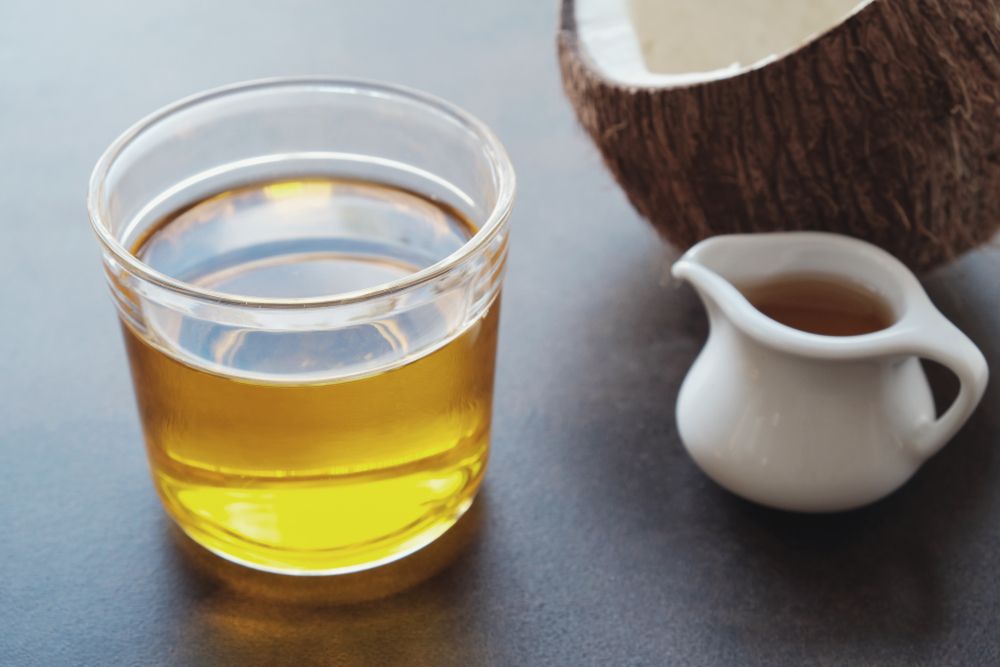
When the ketogenic diet surged in popularity, so did the use of MCT oil. Medium-chain triglycerides (MCTs) are a unique type of fat that the body can quickly convert into energy, unlike most other fats. This characteristic may support weight loss when MCT oil replaces other oils in the diet. However, this strategy can backfire. A single tablespoon of MCT oil contains about 120 calories, and adding multiple servings to meals can easily lead to excess calorie consumption, potentially resulting in weight gain.
To enjoy the benefits of MCT oil without the extra calories, use it as a replacement for oils already in your diet rather than an additional ingredient. This swap helps maintain balance while incorporating its unique health advantages.
Protein Bars
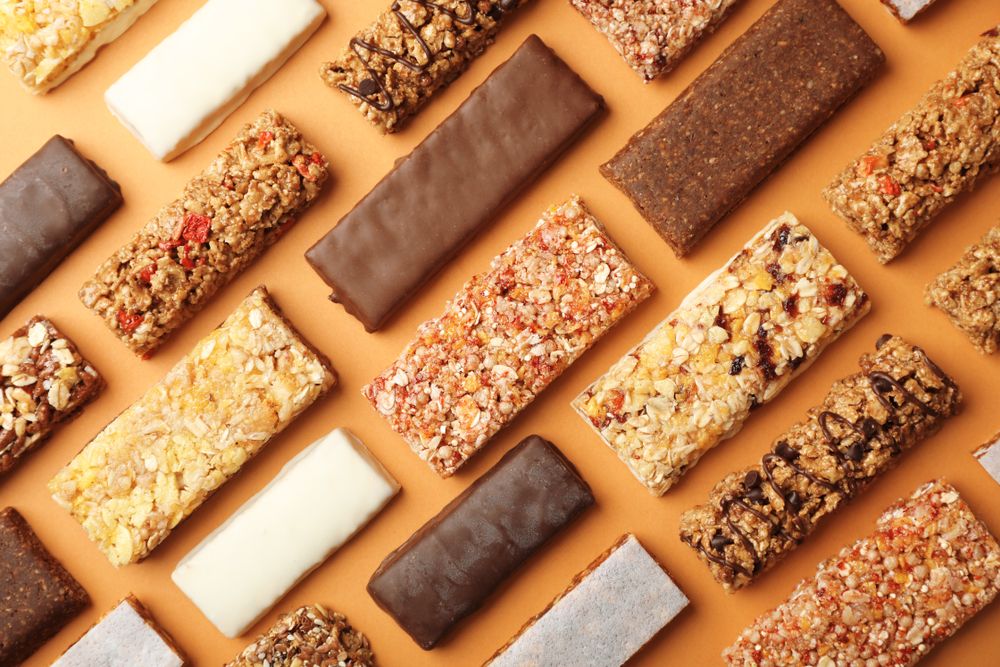
Protein bars, often marketed as a convenient meal replacement or snack, might be quietly contributing to weight gain. While they do offer key nutrients like protein and fiber, many are calorie-dense and packed with added sugar. For example, some popular options, such as Gatorade Protein Bars, contain as much added sugar as the American Heart Association's recommended daily limit for women.
The convenience of protein bars is undeniable, but choosing the right one is essential. Opt for bars with fewer than 5 grams of added sugar, at least 10 grams of protein, and 3 grams of fiber. If you're using a bar as a snack rather than a meal replacement, aim for options under 200 calories to stay on track with your health and weight goals.
Flavored Oatmeal
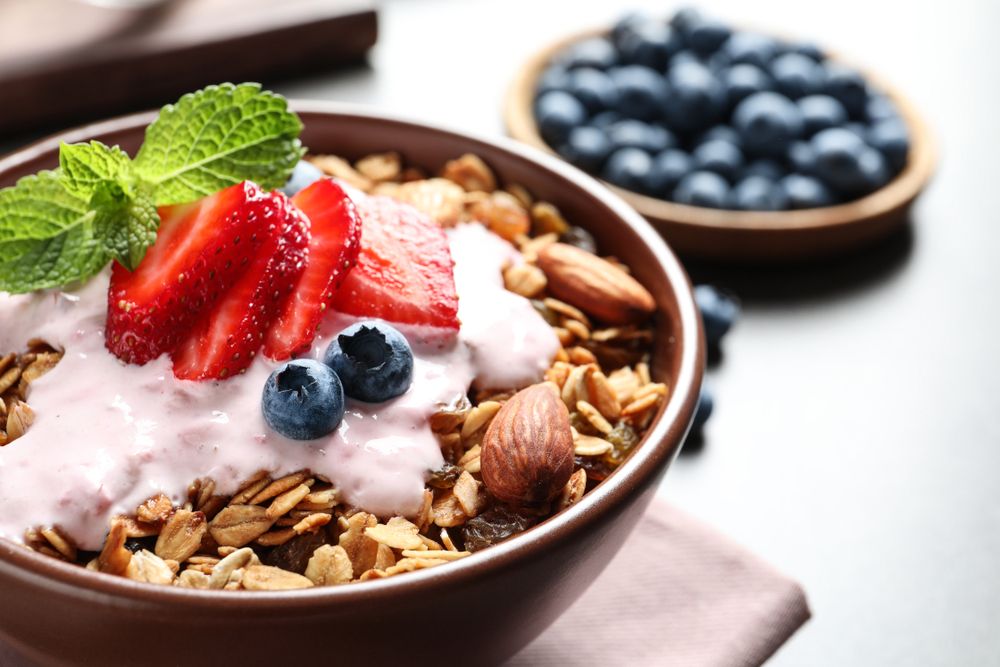
Oatmeal is a fantastic source of fiber and also provides plant-based protein, making it an excellent base for a quick, well-balanced breakfast. Pairing it with healthy fats like nuts or nut butter and adding fruit can create a nutrient-dense start to your day. However, flavored oatmeal packets often come loaded with added sugar. Some popular options contain up to 22 grams of total sugar, with 17 grams being added sugar, turning a healthy meal into one that may contribute to weight gain. High added sugar intake has been linked to obesity, weight gain, and even chronic diseases.
To keep your oatmeal healthy, opt for plain varieties and sweeten them naturally with fresh fruit and a light drizzle of honey. This way, you’ll enjoy a wholesome breakfast without the extra sugar.
Flavored Yogurt

Yogurt is a great source of protein and provides essential nutrients like calcium, making it a popular choice for a healthy meal or snack. However, flavored yogurts often contain surprising amounts of added sugar. For instance, The Greek Gods Strawberry with Honey Greek Yogurt packs 15 grams of added sugar per serving. These added sugars contribute empty calories, making the yogurt less filling. Traditional yogurts with high sugar content and less than 5 grams of protein per serving are even worse, offering minimal nutritional value and increasing the likelihood of weight gain.
To make yogurt a healthier choice, opt for plain varieties and naturally sweeten them with mashed frozen fruit. If you’re looking for convenience, keep an eye out for low-sugar flavored options that still align with your health goals.
Dried Fruit
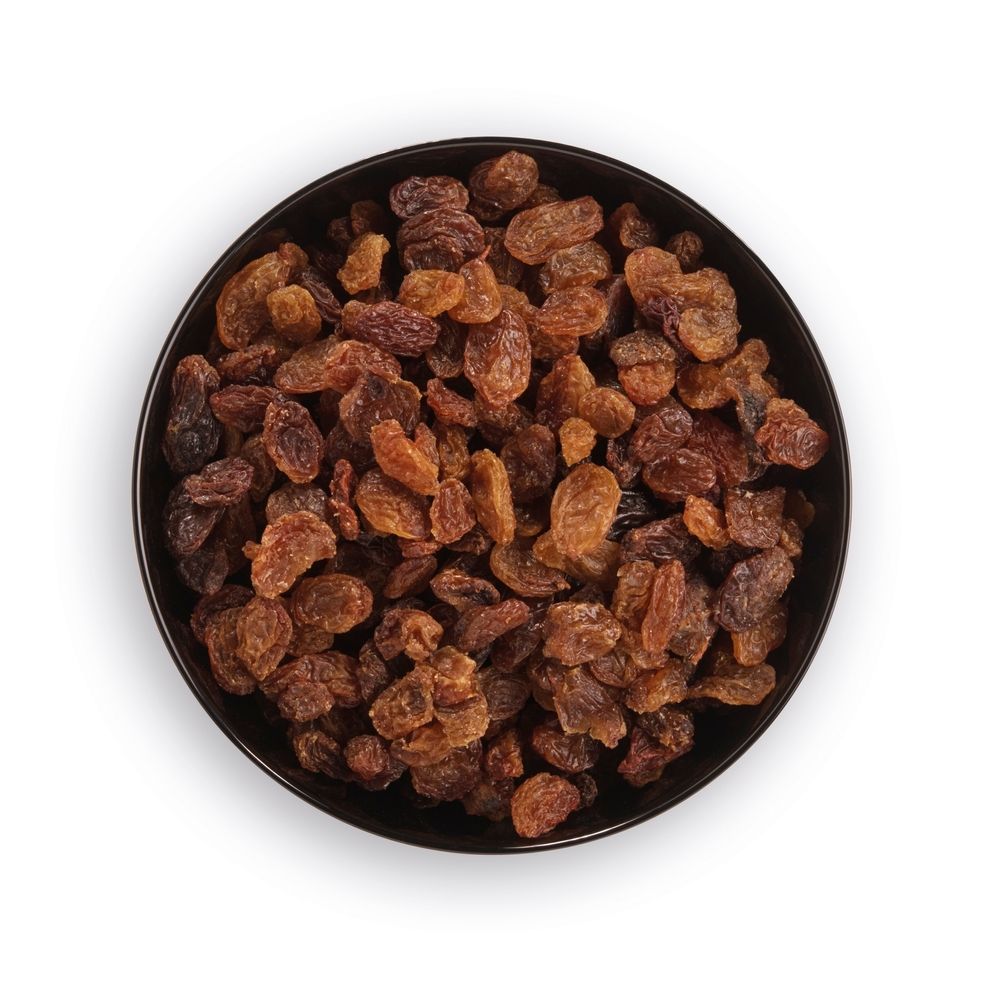
Dried fruit is rich in fiber, iron, and various vitamins and minerals, making it a convenient and nutrient-dense option. However, it’s also a concentrated source of sugar and can be less filling when eaten alone. For example, classic Ocean Spray Craisins contain a whopping 26 grams of added sugar per serving! Whether you’re using dried cherries in homemade granola or adding dried cranberries to a salad, it’s essential to check the nutrition label before making a purchase.
To enjoy dried fruit more healthfully, choose varieties with zero grams of added sugar. Pair it with a source of protein or healthy fat to make it more filling. For instance, try dipping dried mango in almond butter or combining dried cherries with your favorite nuts for a balanced, satisfying snack.
Electrolyte Drinks
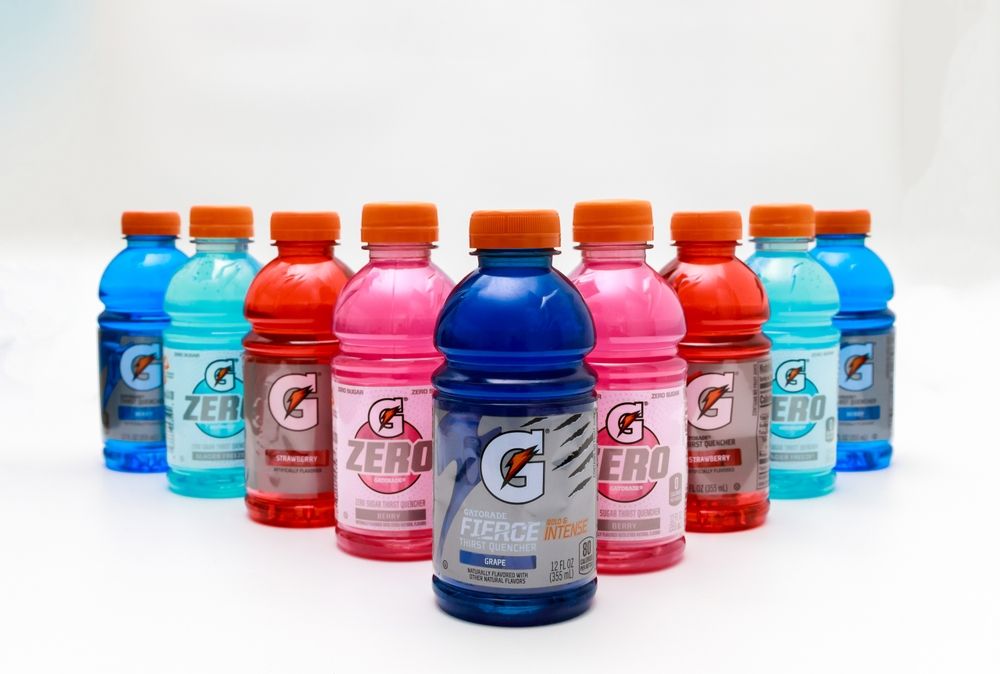
With a wide variety of electrolyte supplements on the market, you may have heard about the importance of drinking them daily. However, for most people, regular consumption isn’t necessary. Many of these drinks can add excess sodium—a nutrient most people already consume in abundance—and pack in added sugars. For a lighter option, products like NUUN Daily Hydration provide modest electrolyte replenishment with minimal sodium and sugar, making them a better choice for occasional use.
If you’re especially active or have a high sweat rate, electrolyte drinks may be beneficial. However, for the average person, plain water is sufficient to meet hydration and electrolyte needs. This helps avoid unnecessary added sugars and prevents overconsumption of certain nutrients, keeping your diet balanced and your hydration simple.

